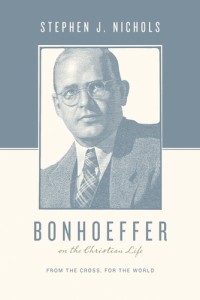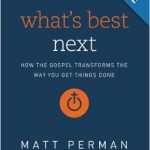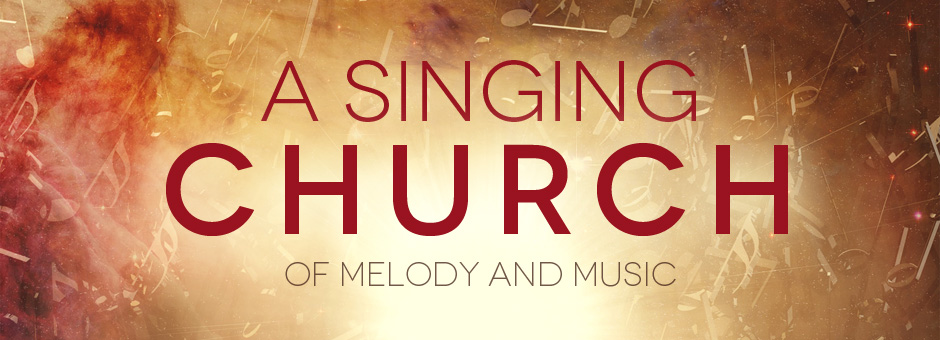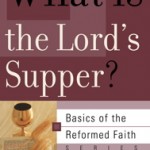I love to read. By God’s grace I am a pretty fast reader; I usually read a couple books each week. I find it helpful to summarize my thoughts on each book and I offer those thoughts in the hope that you will be encouraged to either read or pass over the given title.
 Given For You: Reclaiming Calvin’s Doctrine of the Lord’s Supper by Keith Mathison. When RC Sproul read this volume for the first time he told Mathison (a longtime colleague), “You may die now.” In the foreword Sproul remarks, “I explained [to Keith] that if he made no other contribution to the church for the rest of his life, he has already provided a legacy for future generations by writing this book.” And it is an excellent book. Packed with historical, biblical, and theological reflection on the always timely topic of the Supper. I for one wish the book started with biblical theology instead of historical/systematic theology, but the ordering make sense as Mathison is out to reclaim the traditional Reformed view of the Supper. The book is longish (some 360 pages) and packed with lots of valuable research, so it probably won’t be a fast read. But it nevertheless remains one of the best books available on the topic.
Given For You: Reclaiming Calvin’s Doctrine of the Lord’s Supper by Keith Mathison. When RC Sproul read this volume for the first time he told Mathison (a longtime colleague), “You may die now.” In the foreword Sproul remarks, “I explained [to Keith] that if he made no other contribution to the church for the rest of his life, he has already provided a legacy for future generations by writing this book.” And it is an excellent book. Packed with historical, biblical, and theological reflection on the always timely topic of the Supper. I for one wish the book started with biblical theology instead of historical/systematic theology, but the ordering make sense as Mathison is out to reclaim the traditional Reformed view of the Supper. The book is longish (some 360 pages) and packed with lots of valuable research, so it probably won’t be a fast read. But it nevertheless remains one of the best books available on the topic.
 Evangelism and the Sovereignty of God by JI Packer. Few books have an undeniable case for inclusion in the “Must Read” category and this is one of them. The issue lying at the heart of the book is as pertinent as when it was first published in 1961. Packer’s objective is to show that “faith in the sovereignty of God’s government and grace is the only thing that can sustain [evangelism], for it is the only thing that can give us the resilience that we need if we are to evangelize boldly and persistently.” And boy does he succeed! While it may be wished that more reflection on the local church’s role in evangelism was offered, it cannot be denied that Packer – in my view – offers the best, and clearest, dismantling of the objection that God’s sovereignty in salvation limits man’s responsibility in evangelism. We should look at this book and, like Augustine, hear a childlike voice saying, “Tolle lege!”
Evangelism and the Sovereignty of God by JI Packer. Few books have an undeniable case for inclusion in the “Must Read” category and this is one of them. The issue lying at the heart of the book is as pertinent as when it was first published in 1961. Packer’s objective is to show that “faith in the sovereignty of God’s government and grace is the only thing that can sustain [evangelism], for it is the only thing that can give us the resilience that we need if we are to evangelize boldly and persistently.” And boy does he succeed! While it may be wished that more reflection on the local church’s role in evangelism was offered, it cannot be denied that Packer – in my view – offers the best, and clearest, dismantling of the objection that God’s sovereignty in salvation limits man’s responsibility in evangelism. We should look at this book and, like Augustine, hear a childlike voice saying, “Tolle lege!”
 True Beautyby Carolyn Mahaney and Nicole Whitacre. Excellent. Wise. Clear. Convicting. Encouraging. These would all be words I’d use to describe this offering by the mother and daughter duo of Mahaney and Whitacre. In fact, it might just be one of the most useful books one can find on biblical femininity. The authors define true beauty as “behold and reflecting the beauty of God.” With biblical and cultural awareness the book covers all the bases one would expect: True Beauty and Our Hearts, True Beauty and Our Bodies, and True Beauty and Our Clothes. The chapters on beauty’s relationship to trust and works are especially useful. I’d love to see all the women in my church read this. It’s that good.
True Beautyby Carolyn Mahaney and Nicole Whitacre. Excellent. Wise. Clear. Convicting. Encouraging. These would all be words I’d use to describe this offering by the mother and daughter duo of Mahaney and Whitacre. In fact, it might just be one of the most useful books one can find on biblical femininity. The authors define true beauty as “behold and reflecting the beauty of God.” With biblical and cultural awareness the book covers all the bases one would expect: True Beauty and Our Hearts, True Beauty and Our Bodies, and True Beauty and Our Clothes. The chapters on beauty’s relationship to trust and works are especially useful. I’d love to see all the women in my church read this. It’s that good.
 The Sixth Man by David Baldacci. My march through Baldacci continued with the fourth volume in his “King & Maxwell” series. The plot of The Sixth Man was the weakest one I’ve read in my recent Baldacci binge. It somehow manages to capture the attention, while not really picking up steam until about two-thirds of the way through. Which, I imagine, is a backhanded compliment of sorts. The first three books in the series were compelling in their development of the protagonists, but the titular players are quite static as they race to uncover big government machinations. I’ve have to give Baldacci great credit as the twist in this one was an absolute surprise, the first time that had happened in a long time. I must have been asleep at the reading wheel!
The Sixth Man by David Baldacci. My march through Baldacci continued with the fourth volume in his “King & Maxwell” series. The plot of The Sixth Man was the weakest one I’ve read in my recent Baldacci binge. It somehow manages to capture the attention, while not really picking up steam until about two-thirds of the way through. Which, I imagine, is a backhanded compliment of sorts. The first three books in the series were compelling in their development of the protagonists, but the titular players are quite static as they race to uncover big government machinations. I’ve have to give Baldacci great credit as the twist in this one was an absolute surprise, the first time that had happened in a long time. I must have been asleep at the reading wheel!















